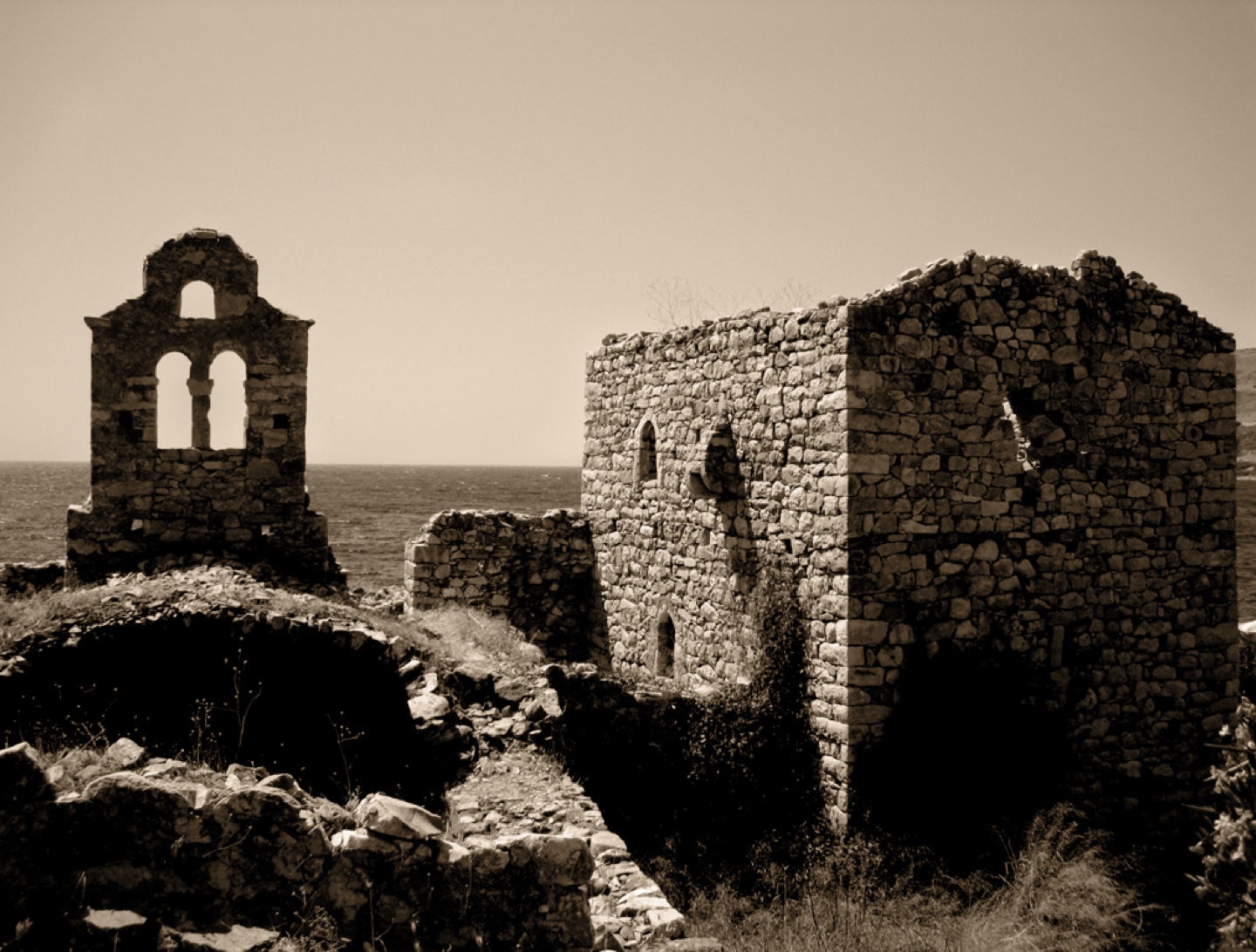He avoided long absences from Mani since he had the responsibility for the concentration, the distribution and the expedition of the army’s supplies.
Except the above, he also managed to maintain inner peacefulness, cohesion, unanimity and military administrative power in Mani. These are the reasons, along with the permanent absence of his brother Petros, that they called him the King of Mani. In 1830, during Kapodistrias governing, he repulsed the national army from Mani and called by the Governor to Nafplio in order to reconciliate he was arrested and jailed at the castle of Its Kale for 18 months, while his son Ilias Katsakos Mavromichalis was kept under surveillance and house arrest in Nafplio. And as it is known, Kapodistrias on the same occasion jailed also Petrobeys and put under surveillance Georgakis’ son and his bother Konstantinos, also called to Nafplio for an alleged reconciliation. Meaning that during Kapodistrias’ governing not only had Petrobeys’ been arrested, as wrongly mention all historians with no exception, but his brother as well and were put under home restriction and were forbidden to leave Nafplio along with his other brother, Konstantinos, and his nephew Ilias Katsakos. That is to say that five members of the Mavromichalis’ family were kept as hostages.

After Kolokotronis and Plapoutas’ trial and conviction a mortal rebellion took place in Mani against the Bavarians, who counted significant casualties.
Two Bavarian battalions were sent in order to subdue the people of Mani and to destroy their towers but the Maniots managed to captivate a whole Bavarian battalion. And when the kingship called them for negotiations in order to deliver the battalion from captivity and to decide on the Maniots’ reward, Katsis in his effort to humiliate the Bavarian officers asked 0,10 drachma for each officer and 5 drachmas for each soldier. Needless to say that the demonstrations that took place in Nafplio helped to prevent the execution of the two convicted generals. Thus, Otto on the occasion of his accession decided to pardon them.
